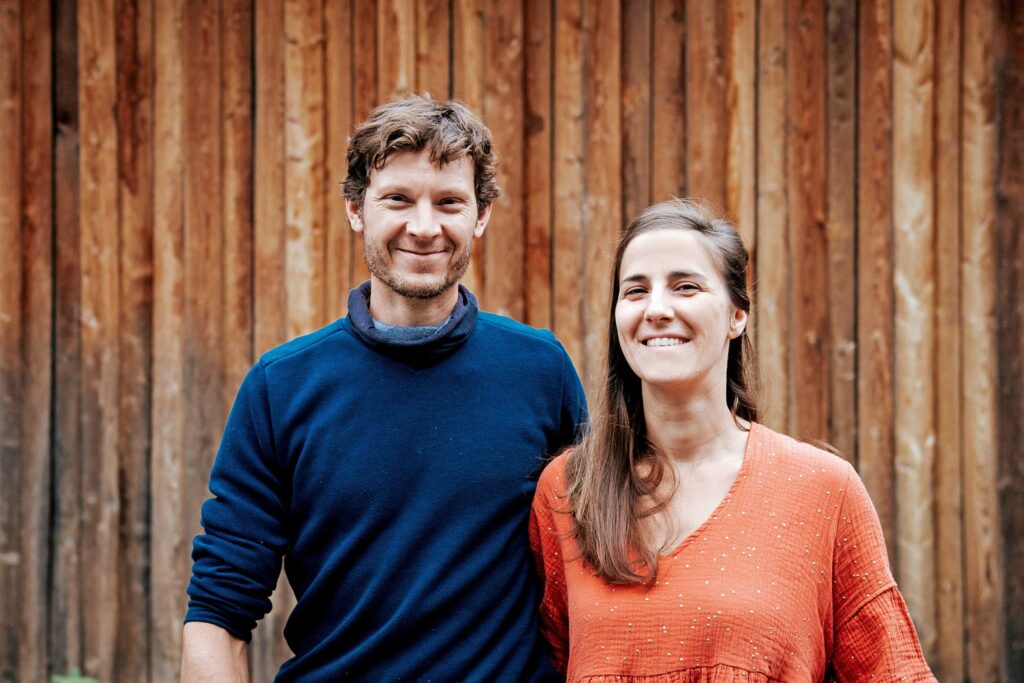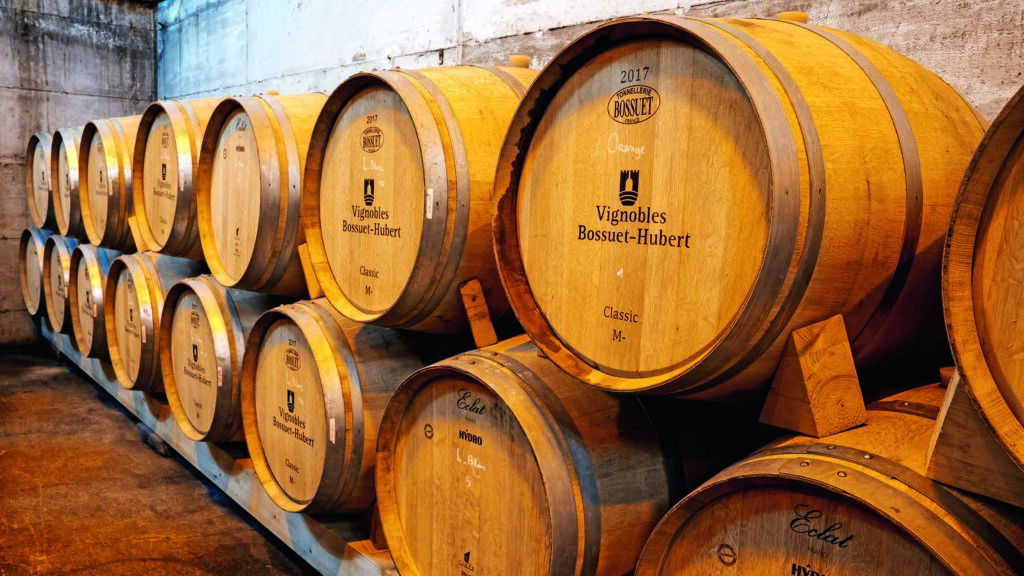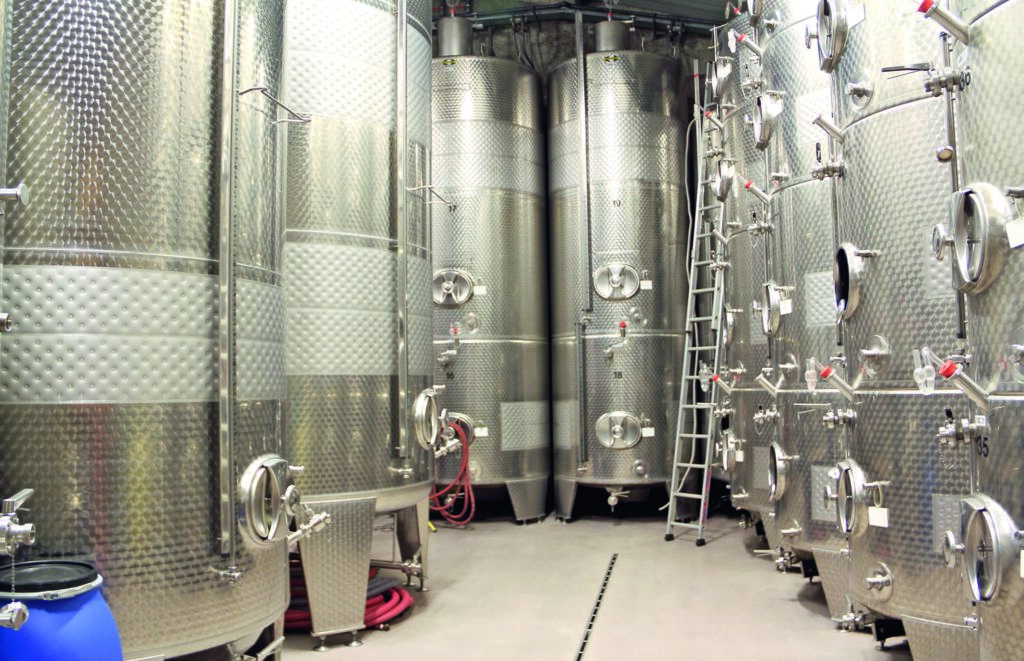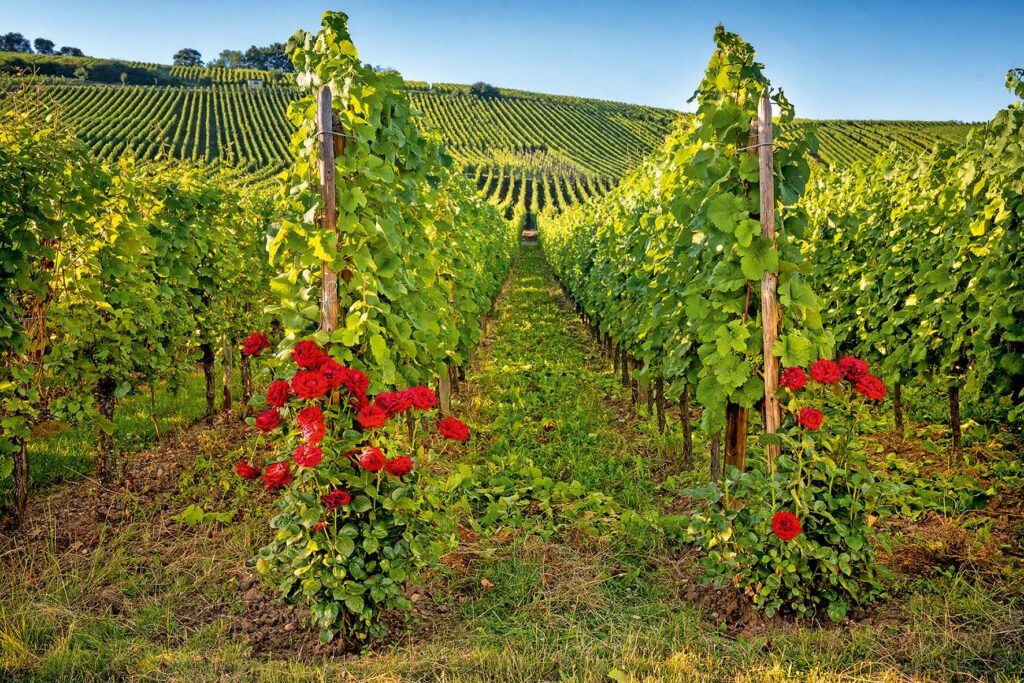Wine has its own trends that are confirmed by consumers. At the moment, they are turning to drier wines and are interested in natural methods.

Maceration wines
Mathieu Deiss and Emmanuelle Milan of the Vignoble du Rêveur, have taken a close interest in maceration wines. For them, this was the way to obtain a wine that was as dry as possible and without any use of inputs, including sulfur in particular. Successful bet! Today they produce four Orange wines without sulfur, two of which are made with a long maceration of 6 months in amphora.
This method of winemaking requires a break with all technological artifice to allow the authenticity and purity of the fruit to shine through. It invites us to change our way of tasting, to stop analyzing and to feel the inimitable texture of Nature.
With the help of the Vignoble du Rêveur, in Bennwihr.

Natural wines
The so-called “natural” wines are wines from organic farming that the winemaker will preserve from any addition of inputs during the winemaking process. No sugar, no stabilizers, no yeast. In order not to have to add anything, only healthy grapes are kept thanks to a manual and meticulous selection during the harvest. Quality then takes precedence over quantity. The objective is to intervene as little as possible during the winemaking process so that the wine expresses the aromas of the grapes as accurately as possible.
With the help of the Pierre Weber estate in Husseren-les-Châteaux.

Wines without sulfites
The Georges Scherb estate has invested in a nitrogen generator, because it has chosen to offer wines without sulfites. He replaces the oxygen in the bottle with nitrogen to protect his wines from oxidation. A natural wine, whether organic or biodynamic, is a wine to which no or few inputs are added, and therefore no sulfites are added – because sulfites are naturally found in wine when it ferments. These “zero sulfite” wines are different, drier, and more interesting on a gastronomic level, but require more precision and attention to keep a balance of oxidation.
With the help of the Georges Scherb estate, in Gueberschwihr.

Resistant grape varieties
As early as the middle of the 19th century, studies were made on the resistance of the vine to diseases and pests. Cross-breeding was carried out, generating hybrids. These resistant grape varieties, which covered almost a third of the vineyard in 1958, have been gradually abandoned in France. Today, INRA, in partnership with IFV since 2012, encourages the improvement of the vine for its resistance to mildew and powdery mildew.
In 2000, INRA Colmar started a program to create new varieties based on the work of researcher Alain Bouquet. It is a question of integrating new resistant genes into resistant grape varieties, with the aim of achieving lasting effects. Fifteen years are necessary to select a variety, taking into account the technical and regulatory constraints.
Source: National Observatory for the deployment of resistant grape varieties (OSCAR)


